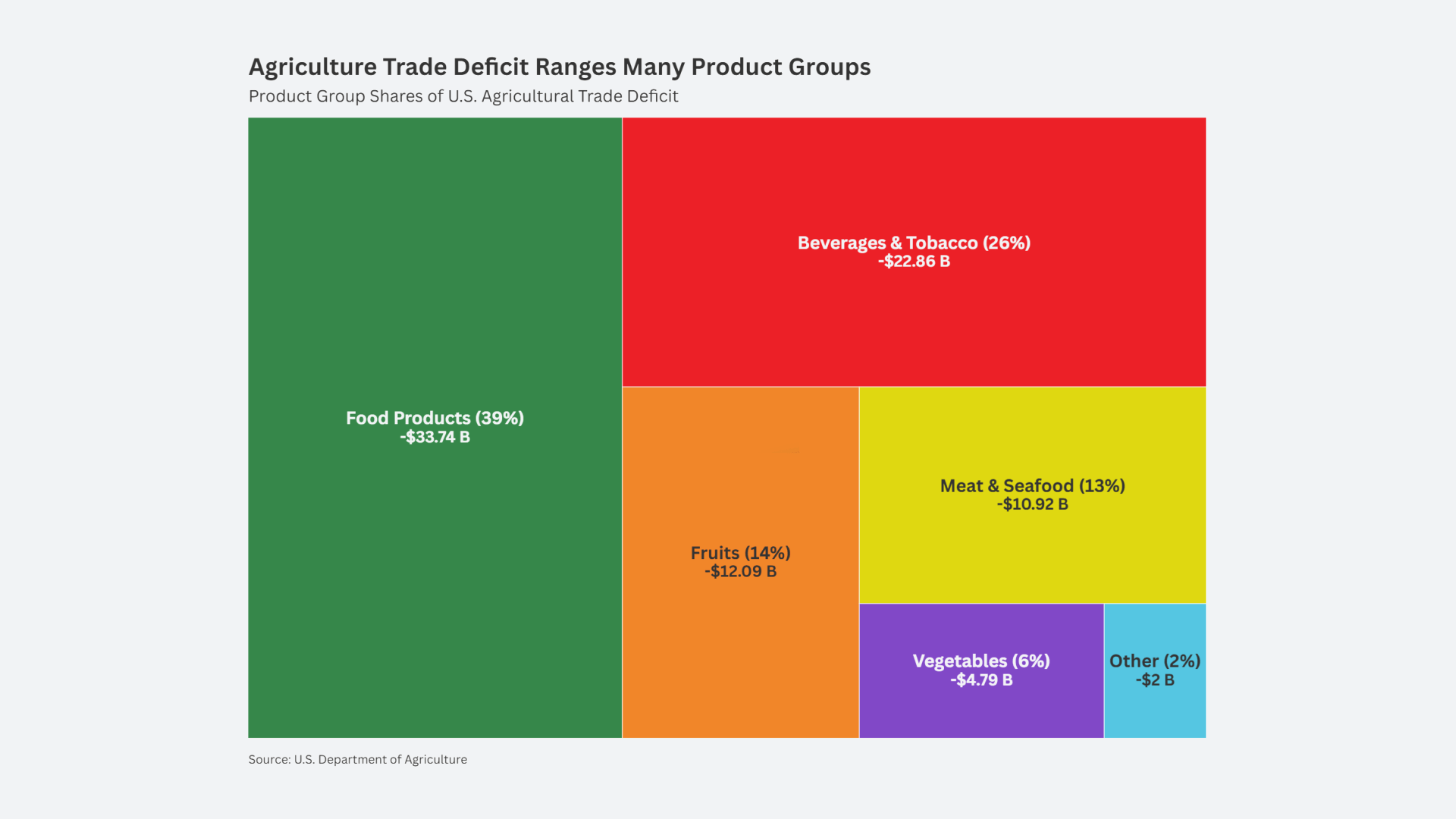
[Paul Mozur| October 24, 2016 | The New York Times]
HONG KONG — In a surprise move on Monday, the German authorities withdrew approval for the takeover of a domestic semiconductor firm by a Chinese bidder, a deal that was set to be an emblem of a new push by Chinese companies to acquire cutting-edge technology businesses and a sign of Berlin’s tolerance for such moves.
A statement from Aixtron, the German company being bought by Fujian Grand Chip, did not specify a reason for the reversal of the decision by the regulator in Germany. But it comes as concerns rise about Chinese firms taking over leading German tech companies, and with federal elections scheduled for next year.
Although Chinese investment in European companies is nothing new, some experts have raised concerns as Chinese funds have shifted focus from ailing businesses to more advanced and successful firms, particularly in Germany. So far this year, the country has been the largest recipient of Chinese investment in Europe, according to the Mercator Institute for China Studies, a research foundation based in Berlin.
In an article last month, The New York Times highlighted how a Chinese customer that dropped a large order — in turn crashing Aixtron’s shares — had a relationship with Fujian Grand Chip. The connection did not indicate wrongdoing, but it does illustrate the blurred lines between acquisitive Chinese companies and Chinese industrial policy.
Many German companies retain a lead over Chinese competitors, but the wholesale purchase of firms like Aixtron has raised the specter of the technology being spirited away to the supply chain in China, as Beijing details in state economic plans.
For Germany, that could mean a long-term loss of know-how and upper-class jobs. The country is particularly vulnerable because of its large number of highly advanced, small and midsize companies — known as the Mittelstand — that can be taken over more easily and more cheaply than large multinationals.
Also this year, the robotics company Kuka — whose orange arms are ubiquitous in highly automated German auto plants — was taken over by the Chinese appliance maker Midea. And this month, Chinese news media said that two Chinese companies were considering a bid for Osram Licht, a Munich-based lighting and semiconductor firm.
In its statement, Aixtron said the German Economics Ministry would reopen a review of the proceedings.
The ministry confirmed that it had withdrawn its initial approval for the deal, but did not provide further details.
In recent months, Germany’s economy minister, Sigmar Gabriel, as well as Günther Oettinger, a German who is the European commissioner for the digital economy, have begun calling openly for new measures that would give the European Union and its member states more power to regulate acquisitions by non-European firms, particularly when those investors have ties to foreign governments.
“Clearly, many German and European policy makers and senior officials have taken a second look at the investors and intentions behind Chinese acquisitions of high-tech companies,” said Sebastian Heilmann, president of the Mercator Institute. “Chinese M.&A. activity has come to be seen as driven by government-sponsored programs, funds and investor networks in many cases.”
Questions were raised in the case of Aixtron, as both the customer that dropped the orders and Fujian Grand Chip are related to state-controlled investment firms.
The company that dropped the orders, San’an Optoelectronics, is also one of the companies considering a bid for Osram Licht.
When the Aixtron merger was announced, San’an and Fujian Grand Chip had a common investor and an existing financial relationship, among other links. And they are both recipients of government funds. Although it is not clear whether the two coordinated in any way, they are a product of a new approach that Beijing has taken to develop its semiconductor industry.













